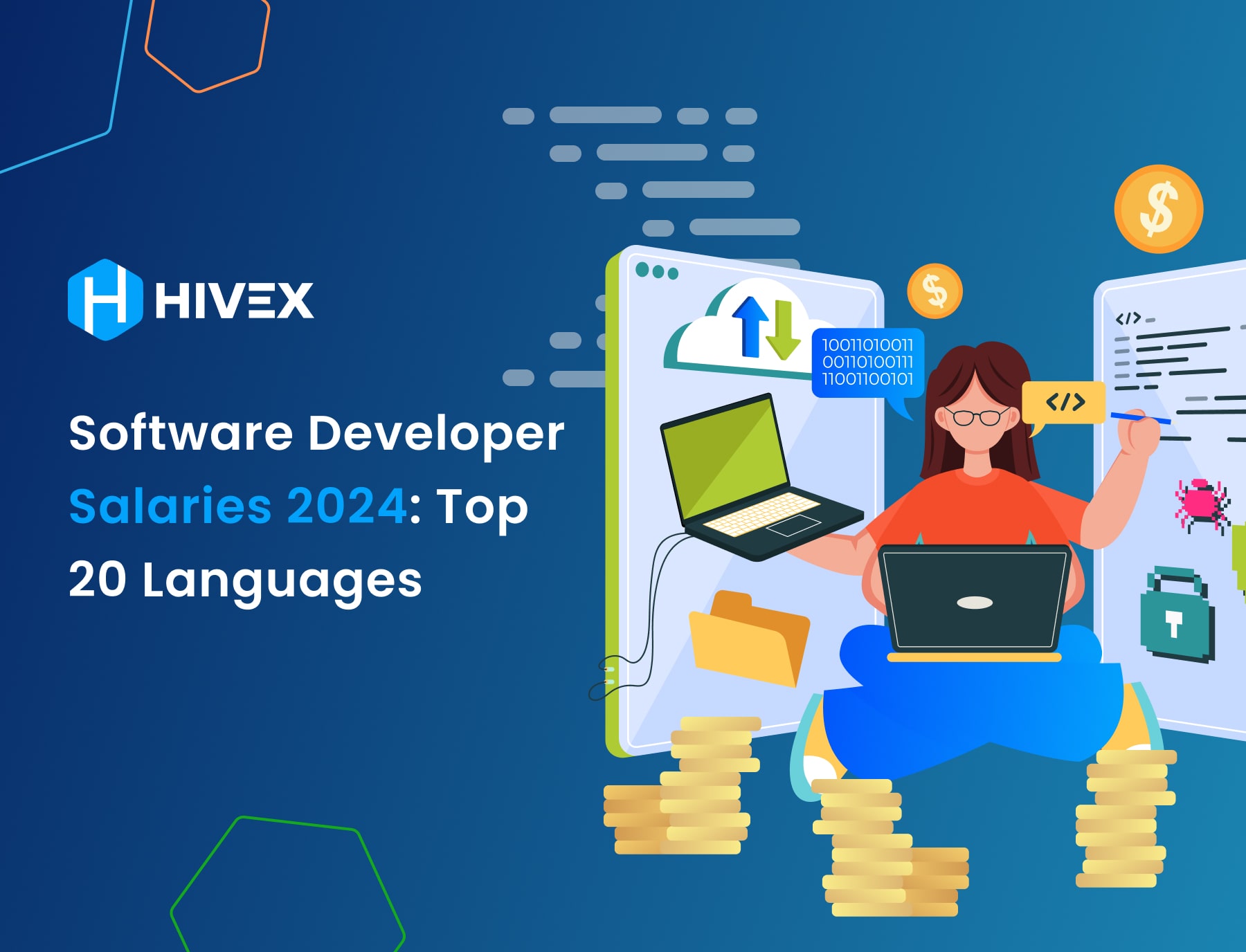Python Developer Job Description: Roles and Responsibilities
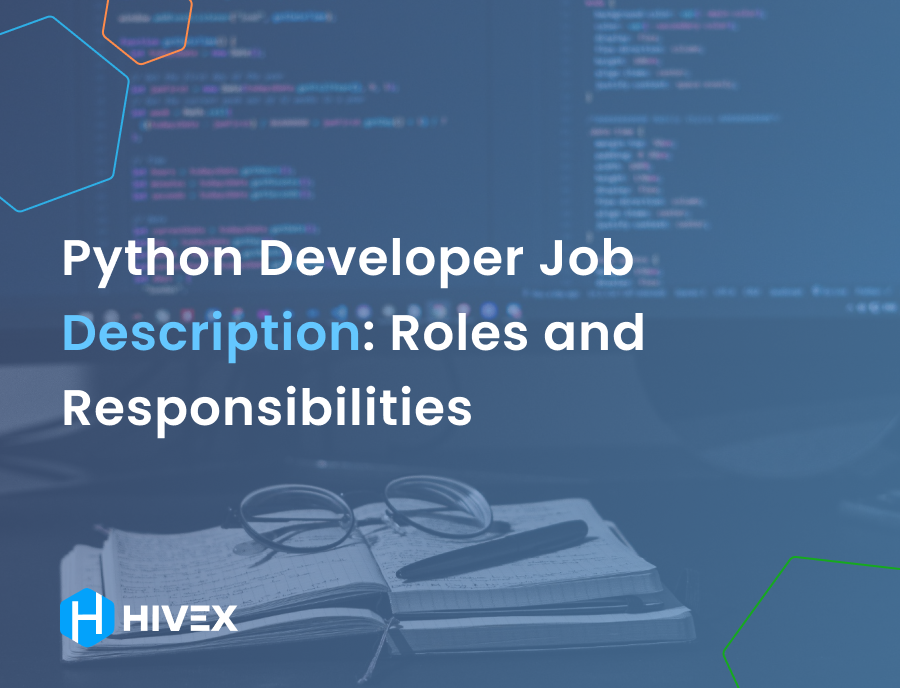
As the Python programming language has become increasingly popular in the tech industry, its simplicity and versatility have allowed it to spread across a wide variety of fields, including web development, data science, and artificial intelligence. Hence, the demand for Python developers continues to grow.
Here we’re going to cover the roles and responsibilities of Python developers, their skills, and the tools they work with, as well as the template you can use to write a good job description.
Quick Navigation
Python programming language
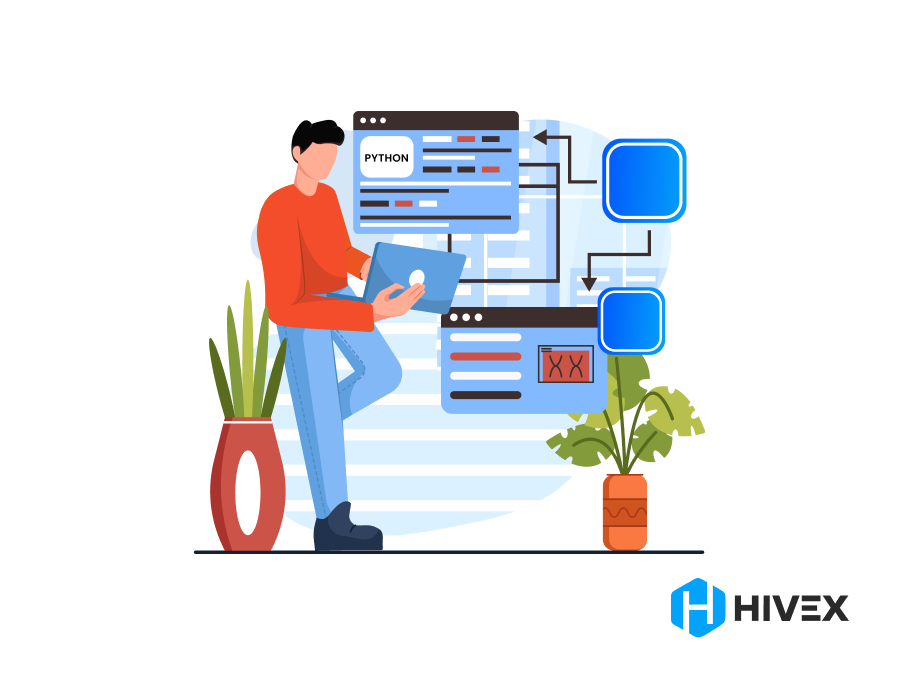
Along with its libraries, Python has excellent integration capabilities with other languages and platforms. Thus, Python can be seamlessly integrated with other programming languages, including C++, Java, and JavaScript, to create powerful applications.
Known for its inclusivity, support, and collaborative spirit, Python the popular programming language’s widespread adoption can be attributed to its active and vibrant community. Python is continuously being developed and improved by developers all over the world.
Python offers an environment that encourages creativity machine learning and innovation, whether you’re a beginner learning programming basics or an experienced developer working on complex projects. For both small-scale scripting and large-scale software development, it is easy to read and simple.
Who are Python Developers?
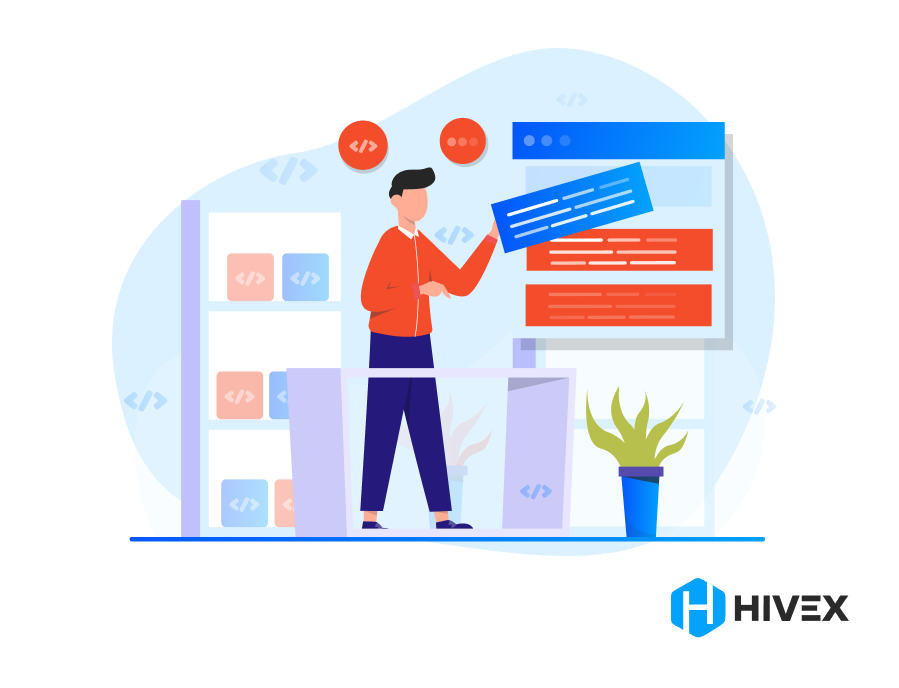
Python developers are software engineers who specialize in writing server-side web application logic using the Python programming language.
They develop back-end components, connect the application with other web services, and support the front-end developers by integrating their work with the Python application.
The importance of Python developers for businesses lies in their ability to quickly develop and deploy applications that are scalable, maintainable, and efficient. Their expertise helps businesses automate processes, analyze large datasets, and build systems that enhance productivity and the user experience.
This makes Python developers crucial for companies looking to leverage technology for strategic growth and operational efficiency.
Python Developer Roles and Responsibilities
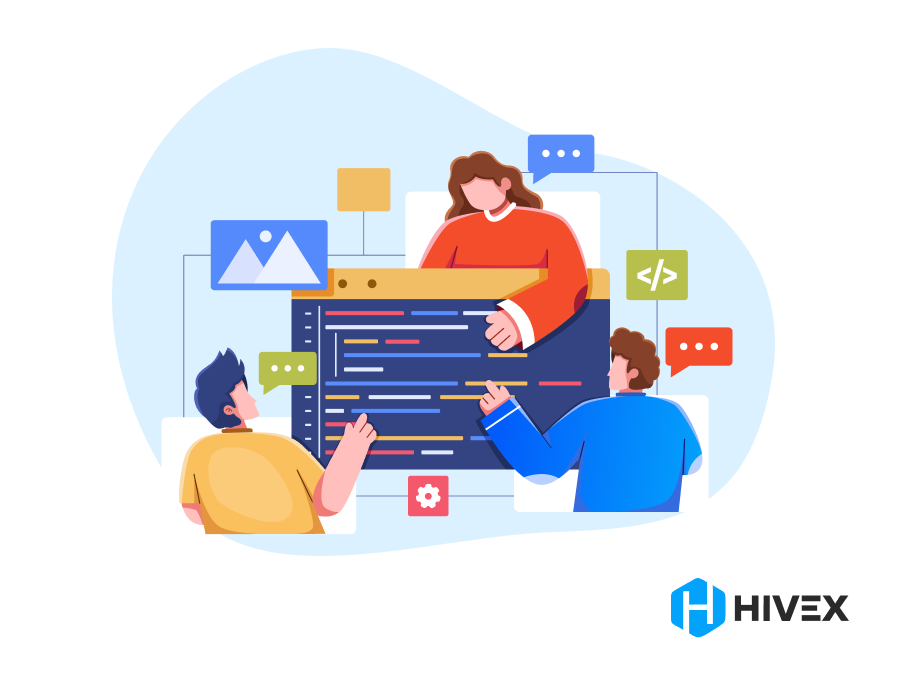
1. Core development tasks
- Writing clean & scalable code: Python developers are expected to write well-designed, testable code using the Python programming language.
- Developing backend components: they enhance the server-side logic, define and maintain the database, and ensure high performance and responsiveness to requests from the front end.
- Integration of data storage solutions: this may include databases, key-value stores, blob stores, etc.
2. Design and implementation
- Design robust applications: Python developers often participate in the design phase, creating system architectures and solving high-level operational and technical problems.
- Implementing security and data protection: they design and implement security measures, safeguarding the data and optimizing the application’s performance.
3. Testing and debugging
- Testing and Debugging: developers are responsible for creating and implementing testing frameworks, and writing test cases to ensure the application or system functions as expected.
- Performance Tuning: devs improve existing systems’ functionality by diagnosing and fixing issues, and optimizing application efficiency.
4. Collaboration and communication
- Working with frontend developers: coordination with the frontend team to match up with the visual design intent and frontend connections.
- Team collaboration: Python developers need to collaborate effectively with other team members and stakeholders, including product managers, system architects, security specialists, and others.
- Documentation: writing reusable, testable, and efficient documentation is important for maintaining code clarity and usability.
5. Continuous learning and improvement
- Staying Up-to-Date: developers must stay current with the latest industry trends and technologies in Python and the broader field of software development.
- Tool and Technology Research: they also should evaluate and integrate new tools and technologies where appropriate to enhance the development process.
What Skills Does a Python Developer Need?
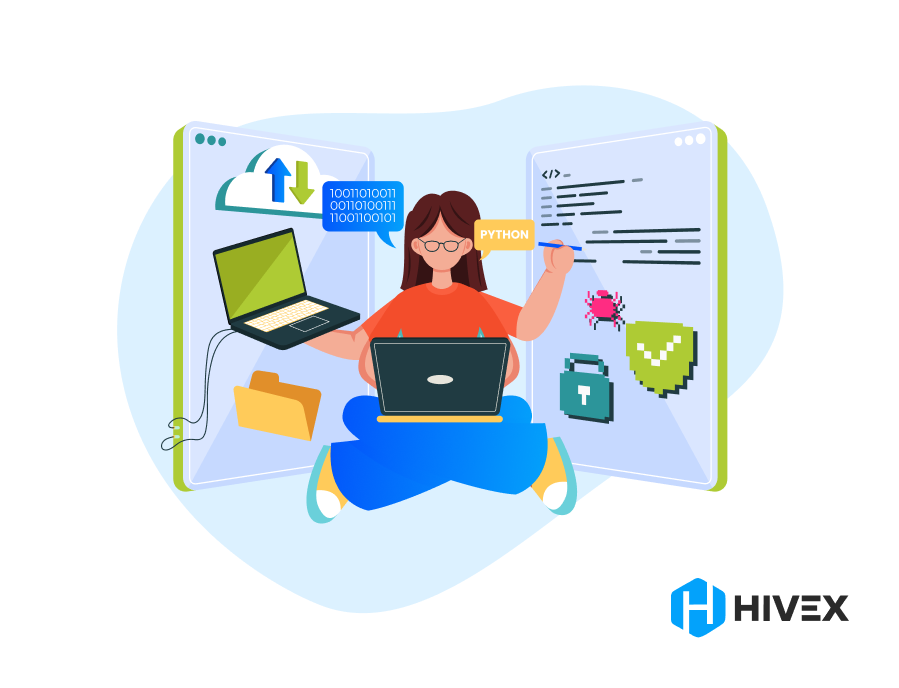
For Python developers to be effective, they need the right technical skills and soft skills. This is a breakdown of the main competencies they need:
Technical skills:
- Proficiency in Python (of course): a deep understanding of Python syntax, semantics, and the standard library.
- Frameworks and Libraries: knowledge of popular Python frameworks like Django, Flask, or Pyramid is crucial for web development. Experience with data-oriented libraries like NumPy, Pandas, and Matplotlib is also valuable.
- Database Knowledge: familiarity with relational databases (such as PostgreSQL, MySQL) and NoSQL databases (such as MongoDB, Cassandra) including how to integrate them into applications.
- Version Control: experience with version control systems, especially Git, to manage code revisions.
- RESTful APIs and Services: the ability to develop and integrate APIs for creating microservices or mobile application services.
- Testing and Debugging: skills in writing unit tests and debugging Python applications to ensure robust and error-free code using tools like PyTest.
- Front-end Technologies: basic understanding of front-end technologies including HTML, CSS, and JavaScript, which is useful for full-stack development.
- Security Practices: knowledge of implementing secure applications to protect data and systems from vulnerabilities.
Soft Skills:
- Strong analytical skills to solve complex software issues.
- Ability to clearly articulate ideas and technical concepts to non-technical stakeholders.
- Experience working in collaborative environments, often with cross-functional teams.
- Willingness to learn new technologies and adapt to changing technical landscapes.
- Proficiency in managing time effectively, especially when working on multiple projects or under tight deadlines.
What Tools Do Python Developers Use?
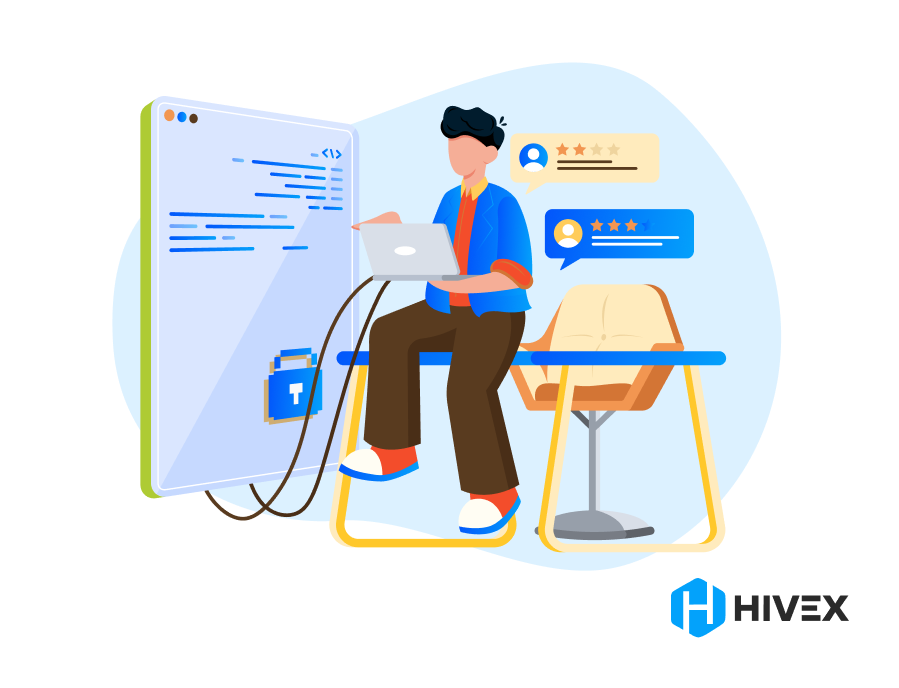
To enhance productivity and streamline the development process of machine learning applications, they use a variety of tools and technologies. The use of these tools allows developers and machine learning engineers to write clean and efficient code, collaborate effectively, and ensure the quality of their software applications.
Integrated Development Environments (IDEs)
Integrated Development Environments (IDEs) are essential tools for Python devs. IDEs such as PyCharm, Visual Studio Code, and Sublime Text offer a wide range of features that make coding a breeze.
Aside from code completion, which suggests possible code snippets as you type, debugging capabilities help identify and fix errors in the code. In addition, IDEs offer project management features that help developers organize their codebases.
Conda and Pip
Besides IDEs, Python developers also use package managers to install, manage, and update third-party libraries and dependencies. Conda and Pip are popular Python package managers. Python’s default package manager is Pip, which is widely used to install Python packages from the Python Package Index (PyPI).
Conda, on the other hand, is a cross-platform package manager that not only handles Python packages but also packages from other programming languages.
The right combination of Python development and Python-centric tools and libraries allows developers to write high-quality code and deliver innovative solutions.
Python frameworks
There are many Python frameworks that follow the model-view-controller (MVC) architectural pattern.
Django
One of the most widely used Python frameworks for web services is Django. A robust set of web development tools and features is included, including an object-relational mapper (ORM), a templating engine, and a built-in administration interface. Developers can quickly build complex web applications with Django.
Flask
Flask is another popular, Python application framework. Flask is a lightweight and flexible Python web framework known for its simplicity and ease of use. Flask follows a microframework approach, allowing developers to pick and choose the components they need.
It has a minimalistic set of tools, making it perfect for small to medium-sized projects. However, Flask is highly extensible and can be customized easily to fit your project requirements.
FastAPI
In addition to providing a simple and intuitive interface for building APIs, FastAPI is built on top of Starlette, an asynchronous web framework built for developers.
Using Python 3.7+ type hints, it automates data validation and documentation generation, making it an ideal tool for building APIs that are robust and well-documented.
Python developer salary
Python developers are generally well-compensated due to the high demand for their skills. However, the salary of a Python developer may vary significantly based on factors such as experience, location, industry, and company size.
According to the PayScale, the average Python developer salary in the United States is about $77,362 per year. This figure can vary considerably, with experienced Python developers earning well over six figures.
Related reading: Top-20 programming languages’ salaries
Python developer non-salary compensation
When evaluating a Python developer’s compensation package, it’s important to take into account more than salary.
Other factors, including healthcare, retirement plans, and company culture, should also be considered. Providing devs with additional perks such as flexible work hours, remote working, stock options, and professional development opportunities can enhance their overall compensation package.
The high demand for Python devs results in a high salary for them. A Python developer’s salary is impacted by many factors, including his or her experience, location, industry, and company size.
The salary is not the only thing developers need to consider, but also the overall compensation package and benefits that potential employers offer.
Python Developer Interview Questions
When interviewing Python developers, the questions are designed to test a range of skills from technical proficiency to problem-solving and critical thinking.
Here are some typical interview questions that are effective in evaluating potential hires:
Technical Questions:
- What are Python decorators and how do you use them?
- This question tests the candidate’s understanding of advanced Python concepts and their ability to extend the behavior of functions or classes without permanently modifying them.
- Can you explain the difference between list and tuple data types?
- This helps assess the candidate’s understanding of fundamental Python, which is crucial for writing efficient, optimized code.
- How do you manage memory in Python? Explain garbage collection in Python.
- This question evaluates the candidate’s knowledge of Python’s internal memory management and can lead to discussions about performance optimization.
- What are the key features of Python’s object-oriented programming?
- Candidates should discuss classes, inheritance, polymorphism, etc., showcasing their ability to effectively use Python for complex system design.
- Can you explain how you would implement a RESTful API in Python? Which frameworks would you use and why?
- This tests knowledge of web services and relevant frameworks like Django and Flask, which are essential for back-end development.
Problem Solving and Logical Questions:
- Given a specific problem, how would you optimize an existing Python script?
- Here, you might provide a script or a code snippet and ask the candidate to improve it, testing their ability to read, understand, and optimize code.
- Write a Python function to check if a string is a palindrome or not.
- A coding task like this helps evaluate coding style, efficiency, and familiarity with strings and logic operations in Python.
Scenario-Based Questions:
- Describe a challenging problem you solved with Python at your last job.
- This question allows candidates to demonstrate their problem-solving skills and how they apply their technical knowledge in realistic situations.
- If you encounter a performance issue in a Python application, what steps would you take to diagnose and fix it?
- This assesses the candidate’s debugging skills and their approach to performance management.
Cultural Fit and Soft Skills:
- How do you keep your Python skills current?
- Understanding how a candidate continues to learn shows their commitment to staying relevant in the field.
- How do you handle disagreements with a team member about a project?
- This reveals the candidate’s soft skills in communication, teamwork, and conflict resolution.
These questions help in evaluating a candidate’s technical capabilities, problem-solving approach, and how they fit within a team, which are all critical factors in high-performing tech companies.
Python Developer Job Description Template
Here is a comprehensive job description template for a Python developer that you can adapt for your hiring purposes:
Python Developer Job Description
Company overview: [Your Company Name] is a leading [Industry type] company, known for [Brief description about the company’s mission and core values]. We are looking to expand our team with talented individuals who are eager to contribute to our mission and grow with us.
Job Title: Python Developer
Location: [City, State, Country or indicate if remote]
Job Type: [Full-Time/Part-Time/Contract]
Department: [Development/Engineering]
Reports To: [Manager Title]
Job summary:
We are seeking a skilled and knowledgeable Python developer to join our engineering team. The ideal candidate will have a strong background in software development, with specific expertise in Python programming.
This role involves writing reusable, testable, and efficient code, developing backend components to improve responsiveness and overall performance, and integrating user-facing elements into applications.
Key responsibilities:
- Design and implement robust applications using the Python programming language.
- Develop backend components to enhance the performance and responsiveness of applications.
- Integrate data storage solutions and optimize system performance using advanced algorithms.
- Collaborate with front-end developers to integrate user-facing elements with server-side logic.
- Implement security and data protection solutions.
- Create scalable and efficient RESTful APIs.
- Troubleshoot, debug and upgrade existing software.
- Write reusable, testable, and efficient code.
- Test and debug programs, improving functionality and updating software.
- Stay informed of industry developments and technology advancements.
Required skills and qualifications:
- Bachelor’s degree in Computer Science, Engineering, or a related field.
- Proven experience as a Python Developer (specify years or range).
- Expertise in at least one popular Python framework (Django, Flask, Pyramid).
- Familiarity with front-end technologies (JavaScript, HTML5, CSS).
- Strong unit testing and debugging skills.
- Proficient understanding of code versioning tools such as Git.
- Experience with databases and Object-Relational Mapping (ORM) frameworks.
Preferred skills:
- Experience with cloud services (AWS, Google Cloud, Azure).
- Knowledge of JavaScript frameworks (Angular, React, Vue).
- Experience with Docker and Kubernetes.
- Understanding of Continuous Integration/Continuous Deployment (CI/CD) processes.
Soft skills:
- Excellent problem-solving and troubleshooting skills.
- Strong communication and collaboration abilities.
- Ability to work in a fast-paced, team-oriented environment.
Benefits:
- Competitive salary and compensation package.
- [List typical benefits like Health insurance, PTO, etc.]
- Opportunities for advancement and professional growth.
- [Other unique benefits your company offers.]
How to apply:
Please submit your resume and a cover letter explaining why you are a perfect fit for the role to [email or application link]. We look forward to reviewing your application and potentially welcoming you to our team.
Hire remote Python developers
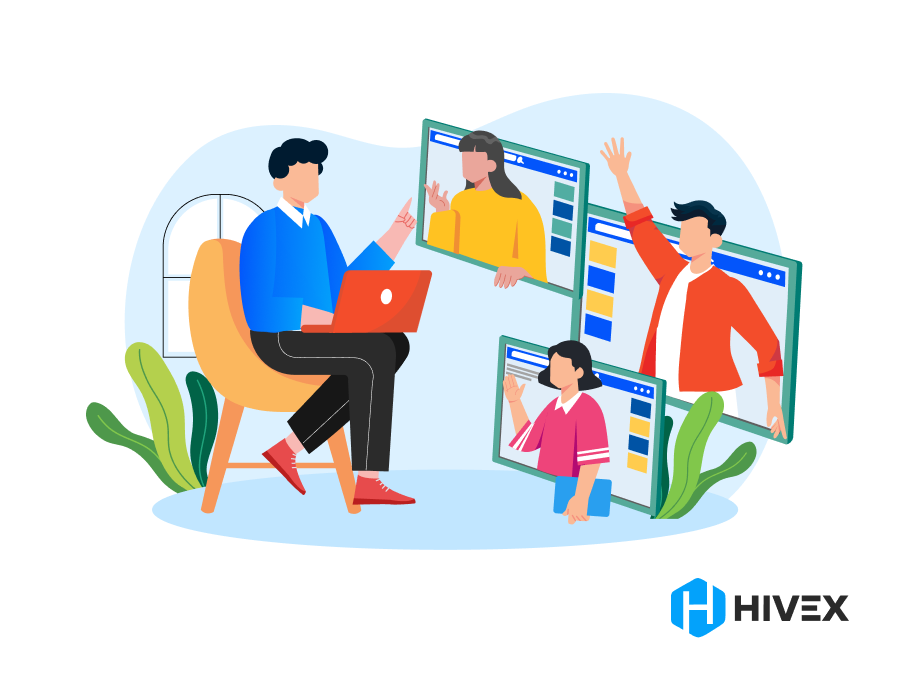
A company looking to build its development team may want to consider hiring remote Python developers. Remote Python developers offer several advantages, including access to an international talent pool, cost savings, and the ability to work with domain experts.
A rigorous hiring process is essential when hiring Python developers remotely. Conduct thorough interviews to assess their technical proficiency and problem-solving abilities. Look for candidates with relevant experience, a strong portfolio, and excellent communication skills.
If you’re looking to hire a remote Python developer or an entire team of top Python devs and don’t want to waste time and resources searching for the right candidate, let us handle it for you!
We will schedule interviews with vetted candidates within 72 hours after receiving your project and requirements.


